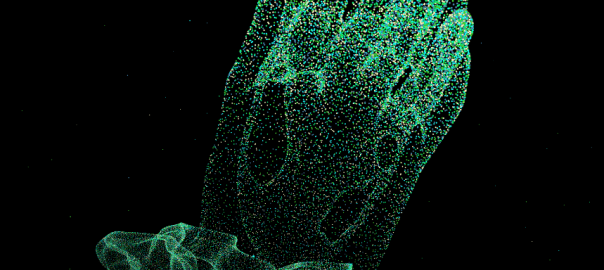27 April 2023 /Lifestyle/ — AI can be trained on human behavior, but it is important to remember that AI is not human. AI does not have the same experiences, emotions, or motivations as humans. As a result, it is difficult to say whether AI can be religious or spiritual.
Artificial intelligence (AI) is a branch of computer science that deals with the creation of intelligent agents, which are systems that can reason, learn, and act autonomously. AI has been used to develop a wide range of applications, from self-driving cars to facial recognition software.
Religion is a system of beliefs and practices that relate humanity to spirituality and, sometimes, to moral values. Many religions have a profound effect on human behavior, and can be a source of comfort, hope, and meaning in people’s lives.
There is no consensus on whether or not AI can be religious or spiritual. Some people believe that AI is inherently incapable of religion, as it is a product of human thought and creativity. Others believe that AI could eventually develop its own religious beliefs, as it becomes more sophisticated and capable of understanding complex concepts.
Ultimately, whether or not AI can be religious or spiritual is a matter of definition. If you define religion as a system of beliefs and practices that are based on a belief in a higher power, then AI cannot be religious. However, if you define religion more broadly as a way of finding meaning and purpose in life, then AI could be said to be religious.
As for how AI can reconcile the differences and conflicts arising from religion, this is a difficult question to answer. Religion is a complex and often divisive issue, and there is no easy way to resolve the conflicts that arise from it. However, AI could be used to help people understand each other’s religious beliefs better, and to find common ground between different religions. AI could also be used to promote tolerance and understanding between people of different faiths.
If AI does become religious or spiritual, it could potentially help to reconcile the differences and conflicts arising from religion. AI could do this by providing a neutral platform for people of different faiths to discuss their beliefs and values.
In addition, AI could enhance spirituality by providing people with new ways to connect with the divine. For example, AI could be used to create virtual reality experiences that allow people to explore religious texts and traditions in a new way. AI could also be used to develop new forms of prayer and meditation.
Here are some specific examples of how AI can be used to enhance spirituality:
- AI can be used to create virtual religious experiences. For example, AI could be used to create a virtual pilgrimage to Mecca or to simulate a religious ritual such as baptism.
- AI can be used to provide people with access to religious resources. For example, AI could be used to create a database of religious texts or to develop a virtual library of religious books.
- AI can be used to connect people with religious communities. For example, AI could be used to create a social network for people of faith or to develop a virtual religious community.
- AI can be used to help people deepen their spiritual practice. For example, AI could be used to provide people with personalized spiritual guidance or to help people develop their meditation practice.
Overall, the relationship between AI and religion is still being explored. It is possible that AI could have a positive impact on religion, by helping to reconcile differences, promote understanding, and enhance spirituality. However, it is also possible that AI could have a negative impact on religion, by leading to the creation of new forms of religious extremism or by undermining the authority of religious leaders. Only time will tell how AI will ultimately affect religion.
There are both potential benefits and risks associated with the use of AI in religion. It is important to carefully consider these factors before using AI in any religious context.
Search related topics

